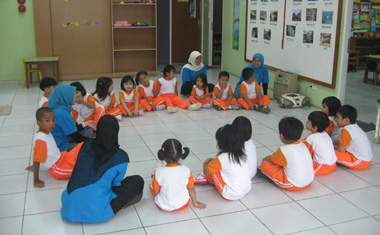
In 1929, Maria Montessori established the Association Montessori International, which supports her vision of self-directed study while ensuring high-quality educator training and educational standards in schools. Montessori education may provide you with an educational alternative for infants to middle school-aged children.
Philosophy
You may be searching for alternative educational opportunities for your child, including searching for “Montessori near me,” but you should understand the Montessori philosophy before enrolling your child. This type of educational philosophy focuses on independent, hands-on learning. The students participate in self-directed activities. They also work in groups through collaborative play.
These schools provide rigorous, student-directed educations for the whole child through individualized curriculum. They seek to encourage and grow children’s natural interests, focusing on their desires for understanding concepts, gaining knowledge and treating others with respect.
Classroom Environments
Montessori schools work with children’s natures. For example, they are allowed to move around their classroom environments. Although they are allowed to sit where they choose, they are not allowed to disrupt the classroom. These students are also given a few options of educational projects to work on rather than being directed. However, they are not typically allowed to focus on the same activity for the entire day.
These classrooms also have a mix of ages. For example, students aged three to six and six to nine may share classrooms. This mixed-age classroom environment encourages the students to learn from and collaborate with their peers. It also teaches leadership and observation skills.
Teaching Process
Montessori students gain knowledge and expand their capabilities through rigorous experiential learning. For example, these educators don’t typically lecture students, but they allow them to learn through experience, such as creating words from block letters or learning math through adding or removing blocks or other tangible items.
Teachers observe and track each of their students’ academic performance, and they adjust each child’s curriculum as necessary.
If you are looking for a rigorous, whole-child educational environment, consider learning more about Montessori education.
